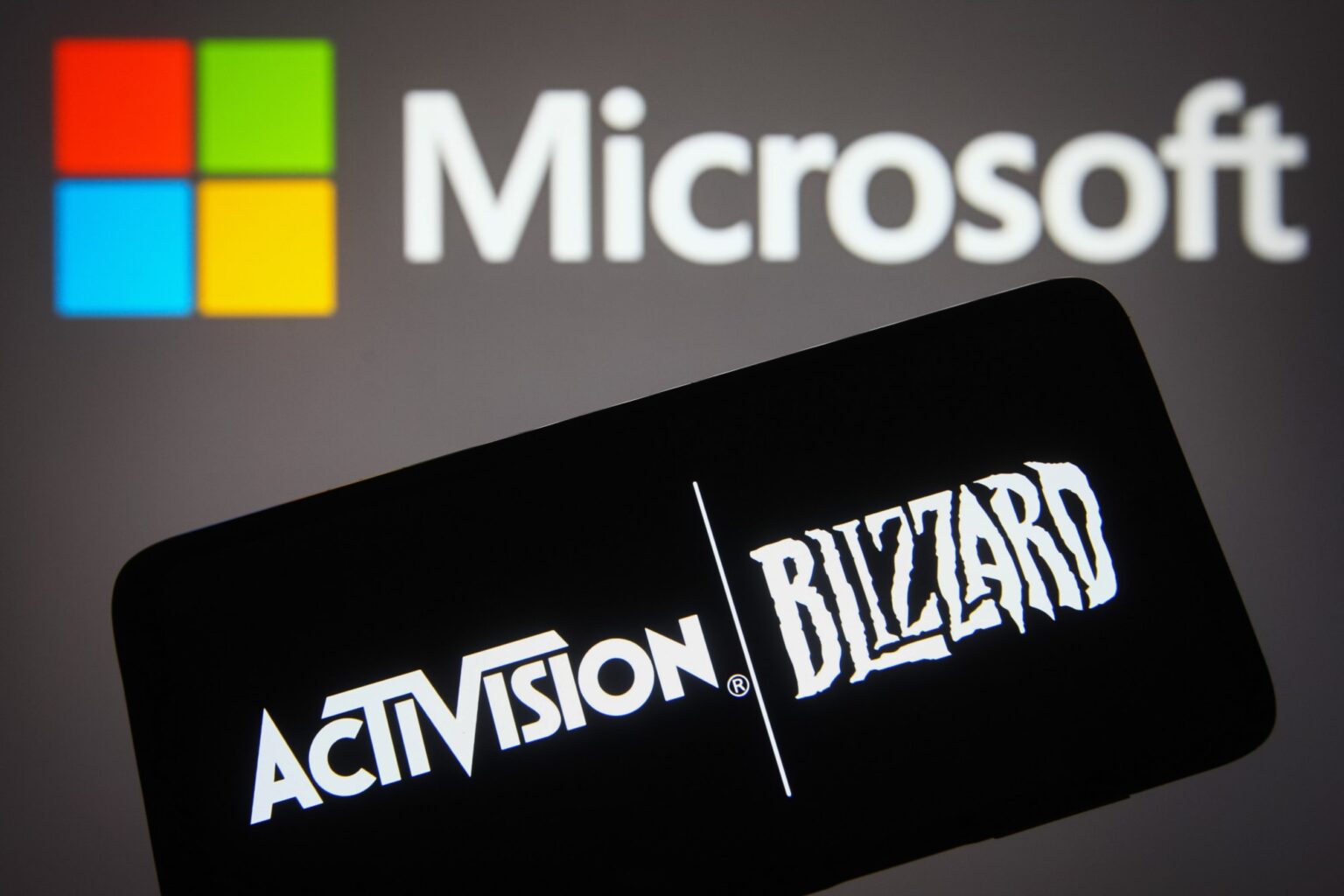|
Getting your Trinity Audio player ready...
|
In a monumental move that solidifies its position in the gaming industry, Microsoft (MSFT.O) successfully closed its $69 billion acquisition of Activision Blizzard (ATVI.O) on Friday. The deal, originally unveiled in January 2022, marks a significant step in Microsoft’s quest to compete with industry leader Sony (6758.T) and expand its reach in the video gaming market.
The acquisition brings several renowned titles, including “Call of Duty,” under the Microsoft umbrella, bolstering its gaming portfolio. The deal had faced regulatory hurdles, with the most significant challenge coming from the Competition and Markets Authority (CMA) in Britain. However, after Microsoft agreed to sell streaming rights for Activision’s games to allay competition concerns, the deal was approved in the UK.
The completion of the acquisition is a major victory for Microsoft, as it aims to attract more users to its Xbox consoles and Game Pass subscription service. Despite its gaming revenue trailing Sony’s, the move positions Microsoft to make inroads into the ever-expanding mobile gaming market, which is valued at over $90 billion.
Phil Spencer, CEO of Microsoft Gaming, expressed his enthusiasm for the acquisition, stating, “Today is a good day to play.” Under his leadership, Microsoft will oversee the Activision business, with Bobby Kotick, CEO of the video game publisher, continuing in his role until the end of 2023.
Microsoft’s purchase also grants access to Activision’s mobile gaming titles, such as “Candy Crush Saga” and “Call of Duty Mobile.” These games were not included in the cloud streaming deal Microsoft struck with Ubisoft Entertainment of France to secure the UK’s approval. As a result, Microsoft instantly gained over $3 billion in mobile gaming revenues, according to Wedbush Securities analyst Michael Pachter.
The acquisition is a significant step towards Microsoft’s vision of delivering games through a subscription model, ensuring a steady flow of content for subscribers. This strategy aims to solidify Microsoft’s position in the gaming market and boost its competitiveness.
Despite successfully overcoming the UK’s regulatory hurdles, the deal still faces opposition from the U.S. Federal Trade Commission (FTC), which previously attempted to block the acquisition. The FTC is currently focused on its appeal but has expressed intentions to assess Microsoft’s agreement with Ubisoft.
Analysts suggest that any potential FTC challenge is unlikely to have a substantial impact, with D.A. Davidson analyst Gil Luria stating that it may result in only incremental concessions in the future.
The primary obstacle to the deal came from the CMA, which initially blocked the acquisition in April due to concerns that it could grant Microsoft a stranglehold on the burgeoning cloud gaming market. This case marked a significant test of the CMA’s global authority to challenge tech giants’ acquisitions following Britain’s departure from the European Union.
The CMA held its ground, stating that its persistence in the face of opposition from the merging companies ultimately led to an outcome that benefits competition, consumers, and economic growth. The CMA highlighted Microsoft’s concession to stream games as a game changer, underscoring its commitment to ensuring competitive prices and services for UK cloud gaming customers.
The CMA’s decision had previously drawn criticism from the merging parties, including Microsoft, which claimed that Britain was closed for business. Despite the opposition, the British government provided limited support to the CMA, emphasizing the need for regulators to encourage investment while maintaining their independence.
CMA Chief Executive Sarah Cardell defended the regulator’s decision, asserting that it was free from political influence and unwavering in addressing its concerns. She emphasized the importance of not being “swayed by corporate lobbying.”
While the CMA views the approval as a triumph, it must balance its commitment to effective regulation with avoiding over-regulation in the tech sector. Analysts point out that concerns persist that the UK may be perceived as an unfavorable place to do business, with the tech industry closely monitoring regulatory developments.
The European Commission had already given its green light to the acquisition in May after accepting Microsoft’s commitments to license Activision’s games, such as “Overwatch” and “World of Warcraft,” to other platforms. This move paved the way for the deal’s completion and solidified Microsoft’s position as a major player in the gaming industry.
